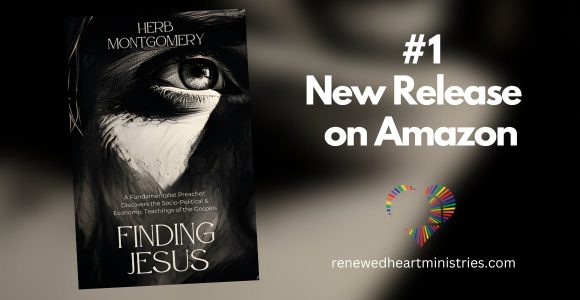
As we continue considering the power of our voices to effect change, we are looking at the transfiguration story in Mark’s gospel. The transfiguration places Jesus in the context of Moses and Elijah for Mark’s Jewish audience. That’s quite possibly the real heart and power of this story for Mark’s intended audience: they would have thought back to this account of Moses:
Welcome Readers! Please subscribe to Social Jesus Here.
(Read this series from its beginning here.)
The LORD said to Moses, “Come up to me on the mountain and stay here, and I will give you the tablets of stone with the law and commandments I have written for their instruction.” Then Moses set out with Joshua his aide, and Moses went up on the mountain of God. He said to the elders, “Wait here for us until we come back to you. Aaron and Hur are with you, and anyone involved in a dispute can go to them.” When Moses went up on the mountain, the cloud covered it, and the glory of the LORD settled on Mount Sinai. For six days the cloud covered the mountain, and on the seventh day the LORD called to Moses from within the cloud. To the Israelites the glory of the LORD looked like a consuming fire on top of the mountain. Then Moses entered the cloud as he went on up the mountain. And he stayed on the mountain forty days and forty nights. (Exodus 24:12-18)
Moses stood as the great liberator from slavery in the Hebrew stories. And, in his own time, Jesus is leading a Jewish renewal movement, calling people away from the abuses of Rome and Roman complicity back to the justice teaching of the Torah, especially toward the poor and the marginalized. Matthew goes even further in drawing parallels between Moses and Jesus throughout his gospel stories, while Luke will take a different direction. Both build on Mark’s version here.
Elijah also held a special place in the minds of those longing for liberation from Rome among Mark’s audience.
See, I will send the prophet Elijah to you before that great and dreadful day of the LORD comes. He will turn the hearts of the parents to their children, and the hearts of the children to their parents; or else I will come and strike the land with total destruction. (Malachi 4:5-6)
Remember this gospel was written very close to the destruction of Jerusalem by Rome, either during the events leading up to that destruction or in its wake shortly after. Elijah prophetically represents all those who have stood up to and spoken truth to power. Elijah also had a mountaintop experience, yet his experience was a little different from Moses’. Elijah flees to the mountaintop in fear after standing up to Queen Jezebel. We’ll consider this story, how it could have informed the early Jesus following community, and how it might inform our justice work today, in Part 3.
#1 New Release on Amazon
Herb’s latest book, Finding Jesus: A Fundamentalist Preacher Discovers the Soci0-Political and Economic Teachings of the Gospels is #1 New Release available now on Amazon.














